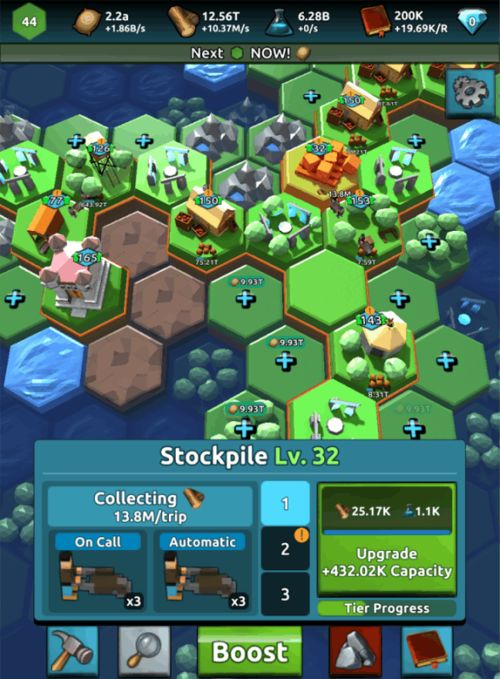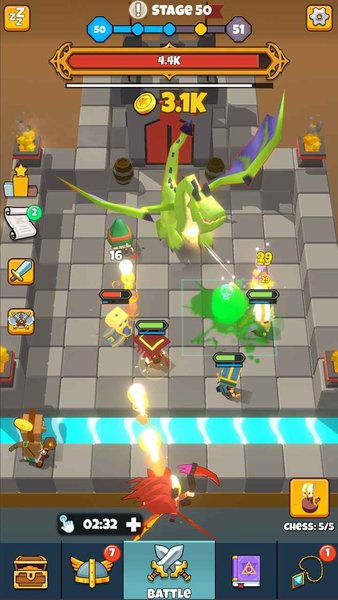来源:小编 更新:2024-11-30 06:56:23
用手机看

Placement card games have gained significant popularity in recent years, offering a unique blend of strategy and luck. These games involve players strategically placing cards on a board to achieve various objectives. Whether you're a seasoned gamer or new to the world of card games, placement card games offer an engaging and challenging experience. In this article, we will explore the basics of placement card games, their rules, and some popular examples.

Placement card games are characterized by the process of placing cards on a board, often with a grid or track layout. Players take turns placing their cards, which can represent various elements such as resources, units, or abilities. The goal of the game is to strategically place these cards to achieve certain objectives, such as collecting resources, building structures, or defeating opponents.

The rules of placement card games can vary widely, but there are some common mechanics that you can expect to find:
Turn-based play: Players take turns placing cards on the board, with each player's turn consisting of a series of actions.
Resource management: Many placement card games involve managing resources, such as coins, wood, or food, to build structures or purchase cards.
Card drafting: Some games allow players to draft cards from a shared pool, giving them the opportunity to select cards that complement their strategy.
Variable player powers: Each player may have unique abilities or special cards that give them an advantage in the game.

There are several popular placement card games that have captured the hearts of gamers worldwide. Here are a few notable examples:
7 Wonders: In this game, players build their own civilization by drafting cards from a shared pool. The goal is to score points by building wonders, developing your city, and trading with other players.
Agricola: A game of farm management, Agricola challenges players to build and expand their farms by strategically placing cards that represent crops, animals, and buildings.
Splendor: A fast-paced game of card drafting and resource management, Splendor focuses on collecting gemstones and developing a merchant empire.
Ticket to Ride: A cross-country train adventure, players collect train cards to claim railway routes connecting cities across North America. The game is known for its simple rules and engaging gameplay.

Playing placement card games effectively requires a combination of strategy and adaptability. Here are some tips to help you excel:
Plan ahead: Think about your long-term goals and how you can achieve them through the placement of cards.
Adapt to the board: The layout of the board can significantly impact your strategy. Be flexible and adjust your plans as needed.
Observe your opponents: Pay attention to how your opponents are playing and try to anticipate their moves.
Balance your resources: Don't hoard resources; use them wisely to achieve your objectives.

Placement card games offer a rich and diverse gaming experience, with a wide range of games to choose from. Whether you're looking for a strategic challenge or a fun way to spend time with friends, these games are sure to provide hours of entertainment. By understanding the basics, mastering the rules, and employing effective strategies, you can become a master of placement card games.
